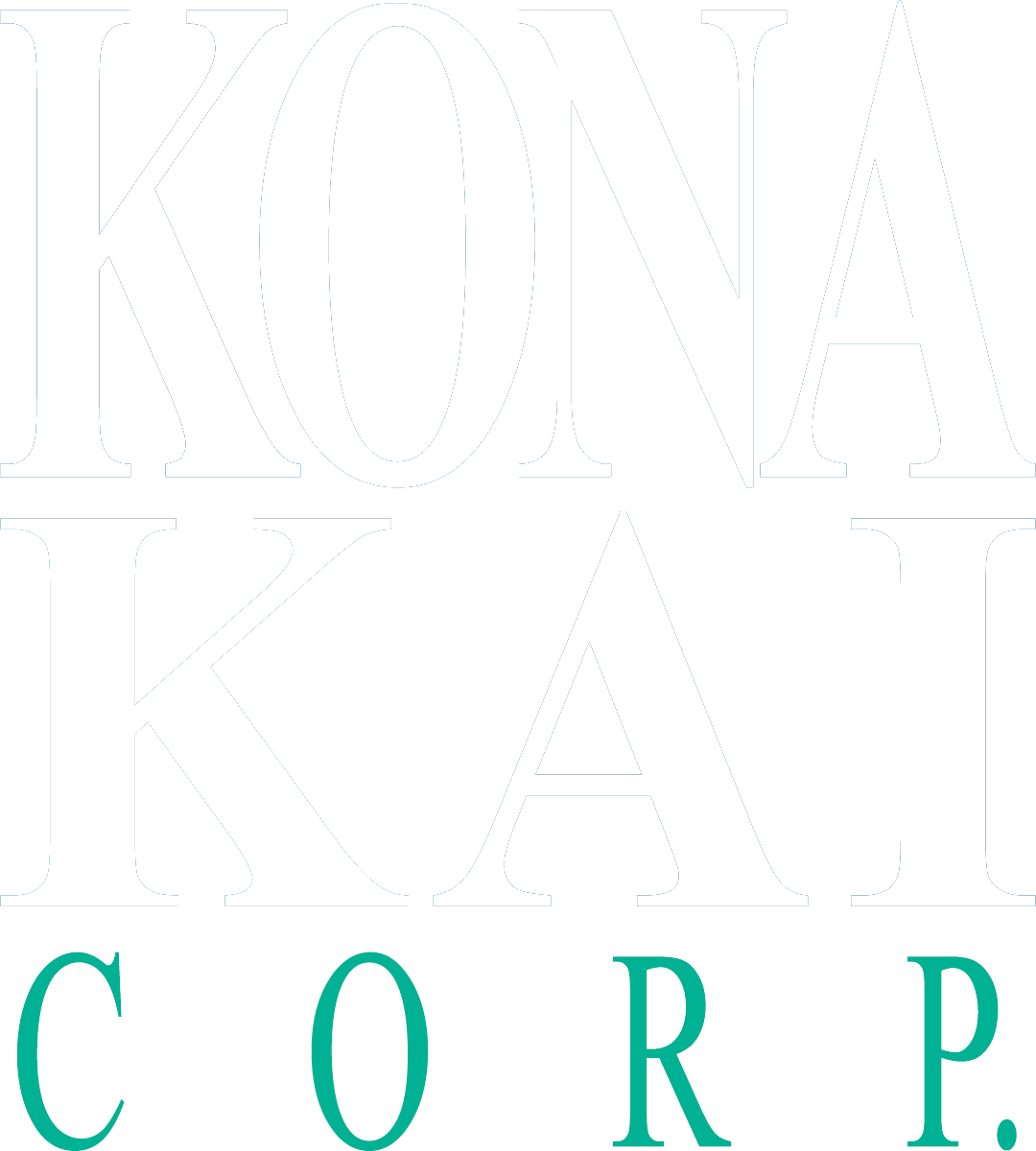Scaling Your CRM Strategy: Best Practices for Growing Enterprises
As enterprises grow, so do the complexities of managing customer relationships. A well-structured Customer Relationship Management (CRM) strategy ensures seamless scaling, improved efficiency, and a better customer experience. Here are best practices for optimizing and scaling your CRM strategy as your business expands.
1. Align CRM with Business Goals
CRM systems should evolve alongside your business objectives. As your company scales, regularly reevaluating your CRM strategy ensures it continues to support key growth drivers such as sales expansion, customer service improvements, and marketing automation. A dynamic CRM adapts to changing business needs rather than serving as a static database, making it a crucial tool for sustainable growth.
For example, if a company expands into new markets, its CRM should support multi-language capabilities, regional compliance requirements, and diverse customer support needs. Organizations that proactively align CRM functionalities with strategic goals can drive measurable improvements in customer engagement and revenue growth.
2. Invest in Automation and AI
Automation streamlines repetitive tasks, allowing teams to focus on high-value activities. AI-driven insights help personalize customer interactions, optimize sales forecasting, and improve decision-making. Many enterprises have found that AI-powered CRMs not only enhance operational efficiency but also provide deeper customer insights, making them indispensable for scaling organizations.
Businesses that implement AI-powered chatbots in their CRM can improve customer response times and reduce support costs. Automated lead scoring can help sales teams prioritize high-potential leads, increasing conversion rates. Organizations leveraging AI for predictive analytics can anticipate customer needs and tailor marketing campaigns accordingly, resulting in higher engagement and sales performance.
3. Optimize Data Quality and Integration
A growing enterprise generates vast amounts of data, making data accuracy and integration essential. Poor data quality leads to inefficiencies, missed opportunities, and inaccurate forecasting. Implementing strong data governance practices and integrating your CRM with other business tools—such as ERP systems, marketing platforms, and customer service applications—creates a seamless workflow that enhances business performance.
A practical example is a company integrating its CRM with a marketing automation platform to track customer interactions across multiple touchpoints. By maintaining clean, standardized data, businesses can create a unified customer view that improves personalization, enhances decision-making, and reduces manual errors.
4. Enhance User Adoption with Training and Support
Scaling a CRM strategy isn’t just about technology—it’s also about people. One of the most common challenges enterprises face is user adoption. Without proper training and ongoing support, teams may struggle to leverage the full potential of a CRM. Providing structured onboarding, continuous learning opportunities, and internal support significantly boosts engagement, ensuring that employees embrace CRM as a valuable tool rather than a burdensome system.
Companies that succeed in CRM adoption often implement role-specific training, ensuring that sales, marketing, and support teams understand how to maximize CRM functionalities relevant to their responsibilities. Gamification, peer mentorship, and regular feedback loops further encourage long-term engagement and system utilization.
5. Leverage Analytics for Continuous Improvement
Tracking key CRM performance metrics—such as lead conversion rates, customer retention, and sales pipeline health—helps identify areas for improvement. Enterprises that continuously refine their CRM based on real-time analytics gain a competitive edge, as data-driven decisions lead to smarter customer engagement and improved business outcomes.
Businesses that analyze CRM usage patterns can identify bottlenecks in the sales process and adjust workflows for better efficiency. Companies leveraging customer sentiment analysis can fine-tune their messaging and support strategies, leading to higher satisfaction and loyalty.
Unlocking Your CRM’s Full Potential
Scaling a CRM strategy requires a balance between technology, data, and user adoption. By aligning CRM with business goals, leveraging AI, ensuring data integrity, training teams, and continuously analyzing performance, growing enterprises can maximize the value of their CRM investment.
By working with partners like us, organizations see a 31% faster adoption rate of emerging technologies (2023 Salesforce Partner Value / AppExchange Customer Success Survey).
INSIGHTS












